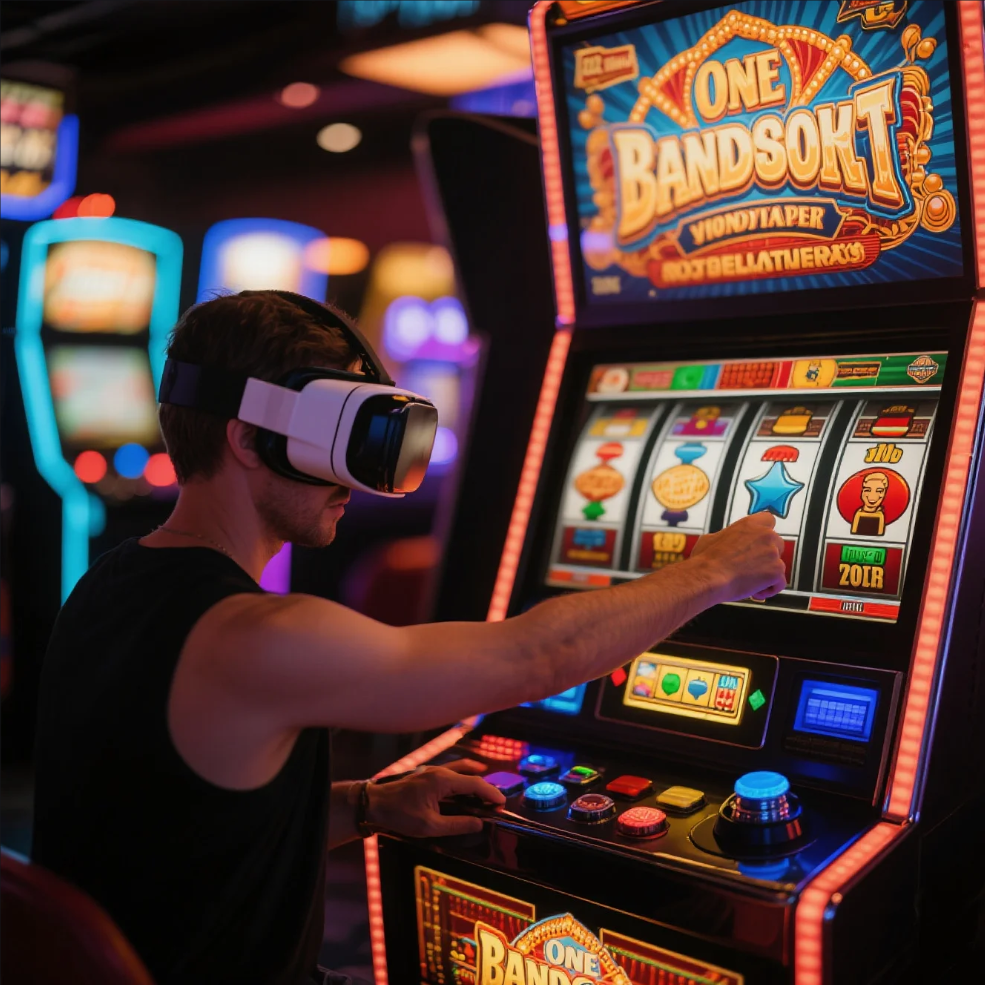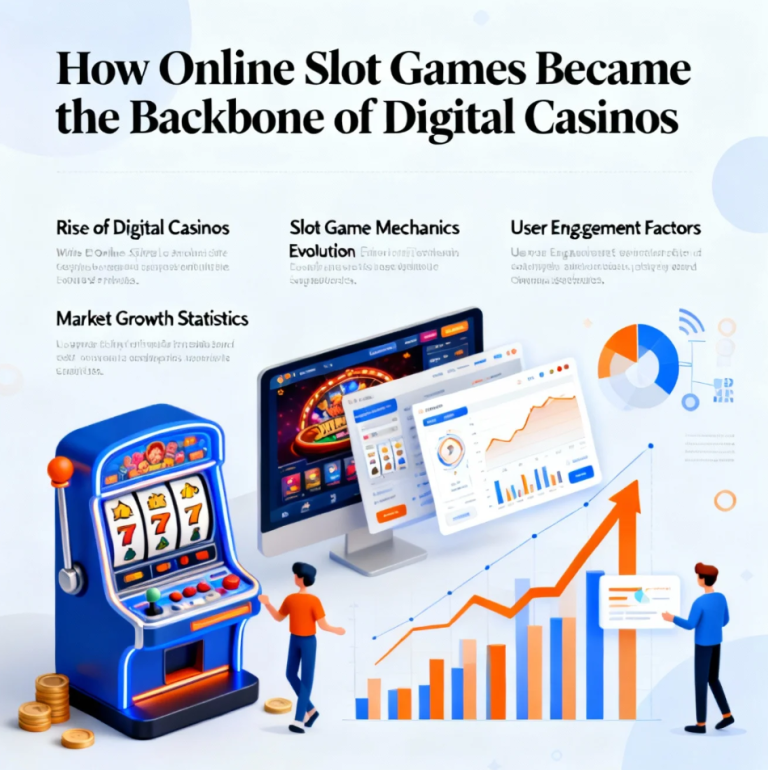
Slot games have come a long way since their humble beginnings. From the mechanical one-armed bandits of the late 19th century to today’s immersive virtual reality (VR) experiences, slots have continuously evolved with technology and player preferences. Their journey reflects not only innovation in gaming but also shifts in culture and entertainment.
1. The Birth of Slot Machines
The first slot machine, known as the Liberty Bell, was invented in 1895 by Charles Fey. It featured three reels and simple symbols like horseshoes, bells, and playing cards. Players pulled a lever — earning slots the nickname one-armed bandits.
2. The Rise of Electromechanical Slots
By the 1960s, electromechanical slot machines replaced purely mechanical ones. These machines introduced flashing lights, sounds, and larger payouts, making slots more exciting and engaging.
3. The Digital Revolution: Video Slots
In the 1970s and 1980s, video slots emerged, using screens instead of reels. This shift opened doors to creative themes, bonus rounds, and interactive features, transforming slot machines into a global entertainment phenomenon.
4. Online Slot Games
The 1990s saw the rise of online casinos, bringing slot games into the digital age. Online slots offered accessibility, variety, and convenience — with thousands of themes ranging from ancient civilizations to pop culture.
5. Mobile Gaming and Accessibility
With the boom of smartphones, slot games became more portable than ever. Players could spin the reels anywhere, anytime, making mobile gaming one of the biggest growth areas in the slot industry.
6. VR and the Future of Slots
Today, slot games are entering the era of virtual reality (VR). VR slots create immersive casino environments where players can interact with 3D worlds, socialize with others, and experience gameplay beyond spinning reels. The future promises even more innovation with AI, AR, and blockchain technologies enhancing gameplay.
Conclusion
From mechanical levers to virtual worlds, the evolution of slot games showcases the power of technology to transform entertainment. While the mechanics remain simple — spin and win — the experiences have grown richer, more immersive, and more engaging than ever.
Another article:




